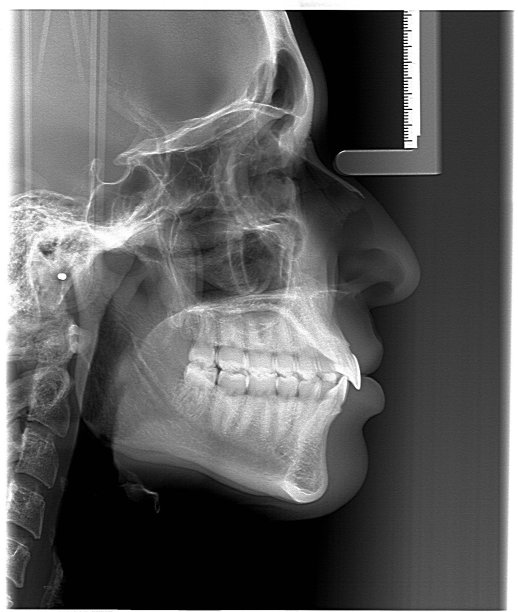Essential Guidelines and Precautions to Ensure Success in Dental Implantation Procedures
Summary: Dental implantation procedures are complex yet essential in modern dentistry, allowing individuals to regain their smiles and improve their quality of life. This article outlines crucial guidelines and precautions that dental professionals must consider to ensure successful implant outcomes. Four key areas of focus include patient assessment, surgical techniques, post-operative care, and long-term maintenance. By adhering to these essential practices, dental practitioners can enhance the safety and efficacy of implant procedures while minimizing risks and complications. This discourse aims to guide clinicians in implementing standardized measures for optimal dental implant results.
1. Comprehensive Patient Assessment Protocol

A thorough patient assessment is the cornerstone of successful dental implantation. This process begins with an in-depth medical history review, which allows the clinician to identify any underlying health issues that might affect the procedure, such as diabetes or osteoporosis. Understanding a patient鈥檚 medical background helps dental professionals proactively manage potential risks associated with healing and integration.
Next, a careful evaluation of the patients oral anatomy is essential. Dental imaging techniques, such as 3D cone beam computed tomography (CBCT), provide invaluable insights into bone density and morphology. These tools help practitioners determine the appropriate type and length of implants needed, making the surgical procedure more efficient and predictable.
Additionally, assessing the patients expectations and psychological preparedness for the procedure is crucial. Open communication about possible outcomes and addressing any concerns plays a significant role in a patient鈥檚 satisfaction and overall experience with dental implantation.
2. Adopting Advanced Surgical Techniques
The surgical stage of dental implantation requires meticulous planning and execution. Employing modern techniques, such as guided implant surgery, can significantly improve accuracy during placement. These methods increase the likelihood of successful osseointegration, where the implant fuses with the jawbone over time, thereby providing enhanced stability.
Furthermore, maintaining a sterile environment during surgery is imperative. Infection control measures must be strictly adhered to, including the use of appropriate antibiotics and antiseptic techniques. This helps reduce the risk of post-operative complications, such as peri-implantitis, which can jeopardize the long-term success of the implant.
Another critical surgical factor is managing the soft tissue surrounding the implant. Proper flap design and suturing techniques can aid in maintaining gum health, which is vital for the successful integration of the implant and preserving aesthetic results.
3. Structured Post-Operative Care Protocols
Effective post-operative care is essential for promoting healing and ensuring the long-term success of dental implants. Patients should receive clear instructions regarding pain management, dietary recommendations, and oral hygiene practices. Awareness of potential complications, such as swelling or bleeding, is also vital for early identification and intervention if necessary.
Regular follow-up appointments should be scheduled to monitor the healing process and address any emerging concerns. During these visits, the clinician can assess the implant site, check for signs of infection, and ensure that the patient is adhering to post-operative guidelines. Education about the importance of these follow-ups helps patients understand their role in the recovery process.
Moreover, encouraging patients to maintain a balanced diet rich in vitamins and minerals can significantly bolster healing. Nutritional support contributes to tissue regeneration and can assist in minimizing discomfort during the recovery phase.
4. Emphasizing Long-Term Maintenance Strategies
Successful dental implantation extends beyond the surgical phase; it requires commitment to long-term maintenance practices. Educating patients on proper oral hygiene techniques, including regular brushing and flossing around the implant site, is crucial. This proactive approach can help prevent plaque buildup and decrease the risk of peri-implant disease.
Additionally, routine dental check-ups are vital for monitoring the health of the implant and surrounding tissues. Dental professionals can perform professional cleanings and evaluate the need for any adjustments or repairs, ensuring longevity and functionality of the implant.
Finally, patients should be encouraged to modify lifestyle habits that could jeopardize the integrity of their implants, such as smoking and excessive alcohol consumption. Clear communication about how these behaviors can affect oral health encourages patients to make positive changes for their overall wellbeing and implant success.
Summary:
In summary, the success of dental implantation procedures hinges on comprehensive patient assessments, meticulous surgical techniques, structured post-operative care, and robust long-term maintenance strategies. By focusing on these essential guidelines and precautions, dental professionals can enhance patient outcomes and ensure the longevity of dental implants.
This article is compiled by Vickong Dental and the content is for reference only.



